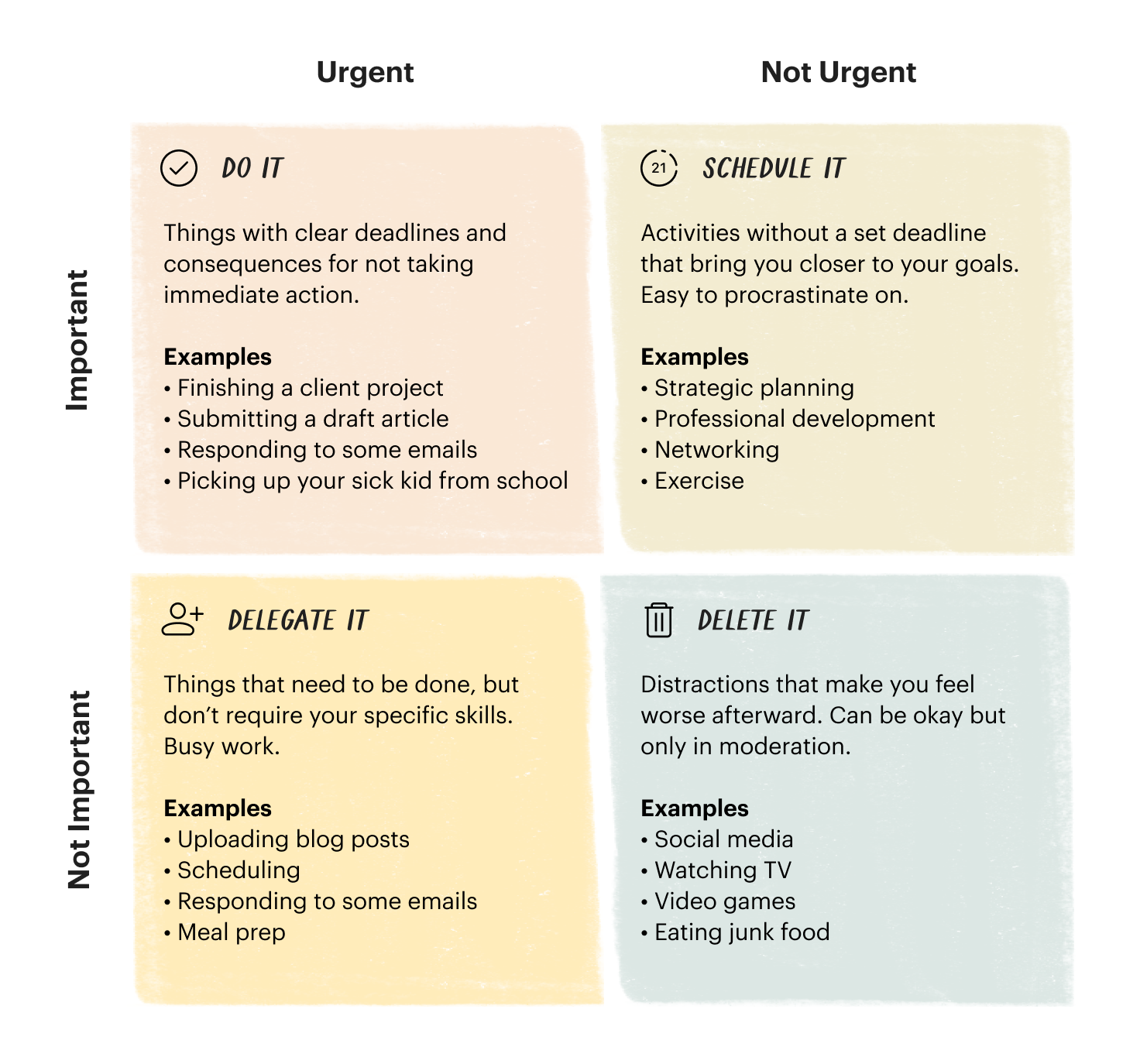FTT: Beliefs, Marriage & Music

Happy Free Thoughts Thursday, people.
Lots to talk about this week.
Let's get into it.
3 Things I’ve Learned:
- Beliefs are about more than just your opinion.
Nobel Prize-winning author Daniel Kahneman found in his research that:
"Subjectively, it feels like you believe in something because you have the arguments for it," he says. "But it works the other way around. You believe in the conclusion, and then you create supporting arguments. That’s fundamental."
An article from Psychology Today goes further:
"Indeed, beliefs are associated with a part of the brain integrally involved in self-representation—the ventromedial prefrontal cortex.
We want to feel that we are consistent, with our behavior aligning with our beliefs.
We constantly try to rationalize our own actions and beliefs, and try to preserve a consistent self-image. It’s embarrassing and quite often costly in a variety of ways to admit that we are fundamentally wrong."
This helps explain why it's so difficult to have conversations about politics—people (including you and me) aren't just defending the topics being discussed.
They're also defending themselves... whether they know it or not.
2. You can predict the success of a marriage in 3 minutes.
Dr. John Gottman and Sybil Carrère conducted a study in which they analyzed 15 minute discussions about marital conflicts between 124 newlywed couples and used those analyses to predict the couples' marital outcome over a six year period.
Using a bunch of complicated science, they measured the positive affects (interest, validation, affection, humor, and joy) and negative affects (disgust, contempt, belligerence, domineering, anger, fear and tension, defensiveness, whining, sadness, and stonewalling) each partner displayed throughout the conversation.
They found that they could accurately predict which couples would remain married and which ones would get divorced over the following six years based on the first three minutes of their conversation.
Overall, stable marriages have a 5:1 ratio of positivity to negativity during a conflict whereas unstable marriages have a ratio of 0.8:1.
Dr. Gottman summarizes these findings by saying:
“The biggest lesson to be learned from this study is that the way couples begin a discussion about a problem—how you present an issue and how your partner responds to you—is absolutely critical.”
3. Music can reverse the effects of Alzheimer's.
Neuroscientist Kiminobu Sugaya explains:
“Usually in the late stages, Alzheimer’s patients are unresponsive, but once you put in the headphones that play [their favorite] music, their eyes light up. They start moving and sometimes singing. The effect lasts maybe 10 minutes or so even after you turn off the music.”
And it's not just classical music like you might expect. The music that people grew up listening to gets the best response.
“If you play someone’s favorite music, different parts of the brain light up,” Sugaya explains. “That means memories associated with music are emotional memories, which never fade out—even in Alzheimer’s patients.”
People can forget their own kids but somewhere, deep down, still remember their favorite songs.
Absolutely insane.
2 Questions for You:
- What's the difference between what you want and what you are currently doing?
- What would have to happen by the end of this week/month/year for you to consider it a success?
1 Quote:
"Inaction breeds doubt and fear. Action breeds confidence and courage. If you want to conquer fear, do not sit home and think about it. Go out and get busy."—Dale Carnegie
I tend not to be the most organized person in the world.
In an effort to help with this tendency, my friend Joe Rinaldi shared a tool with me this past Tuesday called the Eisenhower Matrix.
It's a decision matrix to help organize your to-do list and decide whether you say yes or no to plans/meetings/activities.
Here's what it looks like:

As you can see, it measures tasks and activities based on their urgency and importance and then determines where they should fall on your list.
If, like me, you're not yet in a position to delegate work, then try knocking out tasks in that category when you're in between other (more urgent and important) ones.
My favorite time to do them is in between calls when I don't have enough time to do deep work but I have enough time that I don't want to waste it.
I alluded to this last week, but the number one problem I have when it comes to productivity is deciding what I should work on and when.
Not because I don't have enough to do, but rather because I have so much to do that I have a hard time choosing what to focus on.
I know a lot of you can relate so I hope you find this as helpful as I do.
Live your life to the fullest,
Chris
P.S. Find this interesting it? Please share it with others!
Watch my videos on YouTube